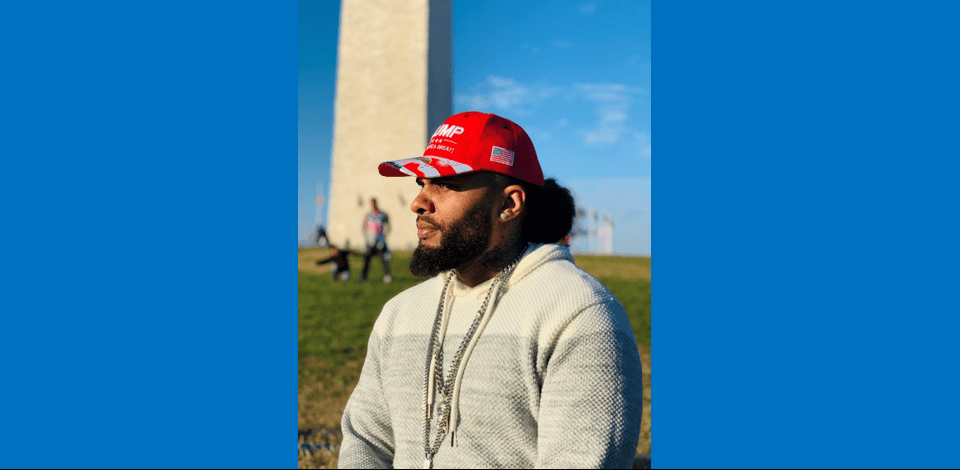An Indiana man who was sentenced to four years of incarceration and three years of supervised release for a drug charge from 2017 insists the “judge took into account” his presence in Washington on Jan. 6, 2021, to punish him “two times.”
In February 2021, 33-year-old Kash Kelly of Hammond, Indiana, was sentenced for conspiracy with intent to distribute cocaine and marijuana when he was a Latin King gang member in Chicago. The gang was founded there in the mid-20th century and has become a major drug trafficking organization, according to the Department of Justice.





